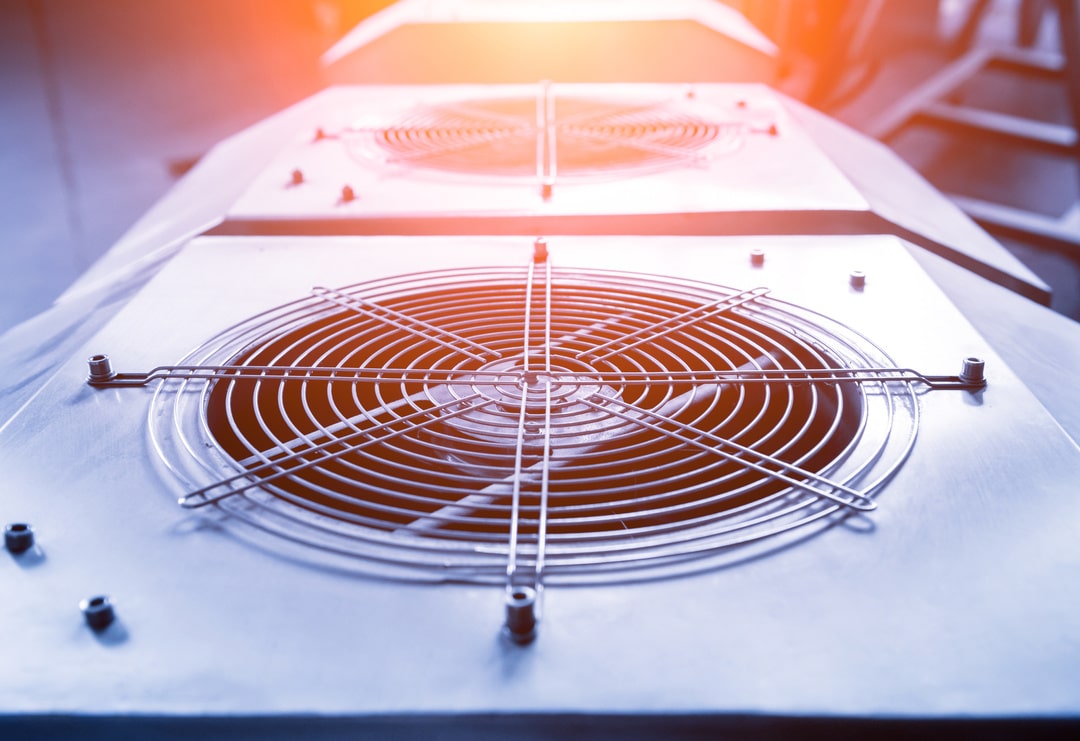The HVAC industry is a rapidly evolving field, with advancements in technology and shifts in consumer demand driving significant changes. Would you believe that it has been 121 years since Willis Carrier invented modern air conditioning? As we look towards 2024, numerous predictions are being made about the future of this industry. These predictions should always be approached with acritical eye. Many financial advisors would tell you: “Past performance is no guarantee for future results” and I believe the same saying would go for the HVAC industry in 2024.
1. INCREASED ADOPTION OF SMART HVAC SYSTEMS
In 2024, smart HVAC systems, which can be controlled and monitored remotely, will see a surge in popularity due to their energy efficiency and ease of use. Many will enjoy the practicality of smart HVAC systems due to the ability to track real-time energy usage but also its integration with automation systems. Consumers will always invest in energy efficiency, comfort, and lower operating costs.
2. GROWTH IN GREEN AND SUSTAINABLE TECHNOLOGIES
The industry is expected to move further towards eco-friendly and sustainable solutions, such as solar-powered HVAC systems and advanced air filtration technologies. Air conditioners account for about 6% of the energy consumed in the U.S. The annual spending in the United States on AC-related electricity is $29 billion.
3. RISE OF AI AND MACHINE LEARNING
Artificial Intelligence and Machine Learning are increasingly being integrated into HVAC systems, revolutionizing how they operate. By analyzing vast amounts of data, these systems can predict maintenance needs, optimize energy usage, and adapt to changing environmental conditions, thereby enhancing efficiency, reducing operational costs, and improving user comfort.
4. WIDESPREAD USE OF IOT DEVICES IN HVAC
The integration of Internet of Things (IoT) devices into HVAC systems marks a significant advancement in the industry. These devices enable enhanced system diagnostics, real-time monitoring, and seamless integration with smart home technologies, leading to more intuitive and efficient climate control solutions, significantly improving user experience and system performance.
5. EXPANSION OF GEOTHERMAL HEATING SOLUTIONS
Geothermal heating is gaining popularity due to its sustainability and cost-effectiveness. These systems use the Earth’s stable underground temperatures for efficient climate control, minimizing environmental impact. This trend represents a significant move towards sustainable and long-term heating and cooling solutions in the HVAC industry.
6. SHIFT TOWARDS DIY HVAC MAINTENANCE
There is a growing trend towards DIY maintenance in the HVAC sector. This trend appeals to cost-conscious consumers, but it overlooks the complexity of these systems and the importance of professional expertise in ensuring safe and efficient operation, raising concerns about the potential for improper maintenance and system failures.
7. DECLINE IN TRADITIONAL HVAC SYSTEMS
Traditional HVAC systems are anticipated to decline in favor of modern, efficient technologies. This trend indicates a move towards more environmentally friendly and technologically advanced systems, although in certain scenarios, traditional systems may still be preferable for their cost-effectiveness and practicality.
8. SURGE IN DEMAND FOR HVAC IN EMERGING MARKETS
A significant increase in demand for HVAC systems is anticipated in emerging markets, driven by rapid urbanization and infrastructure development. This growth represents a considerable market opportunity but also poses challenges related to economic constraints and infrastructural needs for supporting this expanding market.
9. PREDICTION OF A SHORTAGE IN SKILLED HVAC TECHNICIANS
The HVAC industry faces a potential shortage of skilled technicians, which could impact service quality and costs. This trend highlights the importance of specialized training and certification programs to prepare technicians for the evolving technological and environmental demands of the industry.
10. DOMINANCE OF VARIABLE REFRIGERANT FLOW (VRF) SYSTEMS
Variable Refrigerant Flow (VRF) systems are becoming increasingly dominant in the HVAC market, known for their energy efficiency and ability to independently control climate in different zones. Despite their higher installation costs and complexity, they are becoming a preferred choice in many commercial settings due to their operational efficiency.
5 Predictions to Approach with Caution
Examine 5 HVAC trends for 2024 with a critical eye. While promising, some predictions may overestimate benefits, making cautious evaluation essential for practical and cost-effective choices.
1. Shift Towards DIY HVAC Maintenance
While the idea of DIY maintenance might appeal to the cost-conscious consumer, HVAC systems are complex and often require professional knowledge for proper maintenance and repair. Overemphasis on DIY approaches could lead to improper maintenance and system failures.
2. Decline in Traditional HVAC Systems
While modern systems are gaining popularity, traditional HVAC systems are still prevalent and often more suitable in certain situations. Completely writing off traditional systems might not be a practical approach for all users.
3. Dominance of Variable Refrigerant Flow (VRF) Systems
While VRF systems are efficient, they might not be the best solution for every scenario, especially in smaller residential settings where the cost-to-benefit ratio may not be as favorable.
4. Surge in Demand for HVAC in Emerging Markets
While emerging markets are indeed growing, the prediction of a surge might overlook the economic and infrastructural challenges these markets face, which could slow down the adoption of advanced HVAC systems.
5. Prediction of a Shortage in Skilled HVAC Technicians
While there’s a potential for a skills gap, this prediction often overlooks the increasing emphasis on training and certification programs designed to mitigate such shortages.
Final Points
The HVAC industry in 2024 is poised for significant changes, driven by technological innovations and a shift towards sustainability. While smart systems, AI integration, and green technologies herald a new era of efficiency and environmental responsibility, it’s crucial to approach certain trends, like DIY maintenance and the predicted dominance of specific systems, with caution. Not all innovations will suit every context, and the importance of professional expertise remains paramount. As we embrace these advancements, balancing optimism with a realistic assessment of each trend’s practicality and impact is essential. This balanced approach will ensure that we leverage these developments effectively, making informed decisions that align with both immediate needs and long-term sustainability goals.
James R. Leichter “The Most Trusted Voice in HVAC”







